The Witcher 2 was released as a PC exclusive last year. The version I have been playing for review is the Enhanced Edition (that is also available as a free download for the PC), but I have been playing the brand new shiny retail edition on the Xbox 360. The updated version includes over four hours of extended gameplay, more than 30 minutes of additional cut-scenes and a number of other improvements such as bug fixes and patches. The 360 version has also been refined for consoles with enhancements such as an increasingly automated camera and remapped controls. Familiarity with the first game in the series (or the original source material) may add to your enjoyment of the story, but it should not be considered a prerequisite. A lack of knowledge did not do much to hamper my experience.
• Developer: CD Projekt RED
• Publisher: Namco Bandai
• Reviewed on: Xbox 360
• Also Available On: (PC)
• Release Date: 17th April

The titular Witcher — aka Geralt of Rivia, aka The White Wolf — is a professional monster hunter for hire in a richly detailed dark fantasy world. The story is based on a universe created by Polish author Andrzej Sapokowski and very much does all it can to earn its “this is an adult game” label. While some of the sex scenes are gratuitous, many such scenes are handled with due care and attention. Overall it comes off as just being unashamedly adult, playing to an accepted audience, as opposed to trying to attract the perverse. This extends beyond the sexuality of the game to other more adult orientated themes with quests dealing with the issues such as the abuse of alcohol — usually vodka, which should not be too surprising given the Polish origins, but it is nevertheless odd to hear a troll talk about his drinking problems.
There are many tough decisions for Geralt to face. Not only are many of the choices in the game in shades of gray, rather than merely obvious black-or-white decisions, but they are almost always dark shades of gray. Seeing you choose between the lesser of two evils, though it is not always clear what the “lesser” evil is and often made more tricky by being on a strict time limit. It adds to the importance of the decision you make and forces you to pay attention to a story worthy of that investment. It has no measurement of whether your decisions are bad or good, right or wrong, but it can make massive differences to the world around you and your place in it.
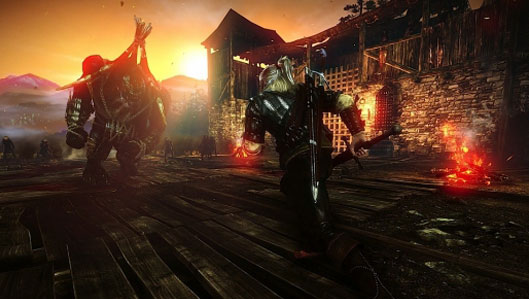
The fighting engine has a lot of tactical depth to it and as such, at least at first, can feel as though you have been thrown in the deep-end a little. The combat is not as tough when you have learned some of the nuances of how best to make use of your Signs (the magic spell casting) and how this is best combined with swordplay. After a slight mishap, I took the very unusual decision of playing the first portion of the game on the easier difficulty setting. It is potentially advisable, as it helped me get to grips with the combat and did not seem to impact the achievements along the way. Once familiar and having leveled up in a few areas that played to my strengths, putting the combat to the “normal” setting made it tough in places but also gave the fights more tactical depth and ultimately made victories more satisfying. The 360 version also includes a tutorial that was not apparently available in the original PC release, and the console experience is no doubt better for it — just don’t do what I did and put the pad down for an hour before having the final fight that assesses your advised difficulty setting! For the serious Witcher player there is also a new Dark mode setting in the Extended Edition for an extra level of challenge.
Many standard fantasy game elements appear throughout: potions, alchemy, detailed inventory system (with a slightly unkind weight management system) and upgrade tree for abilities. Although a little daunting or overwhelming at first, all are well thought out, frequently fit in to the setting and help to flesh out the universe. Annoyingly, you have to pick up everything in any container to get any individual item that you want. The ability to select specific items would be welcome. The map, particularly when in towns, can be horrible at guiding you, partly as it seems style was chosen as a higher priority to its ability to function; however, this could easily be forgiven with a vast improvement to the quest marker system. The principal criticism of which is that it does not indicate when highlighted people are on different levels than you are — your vital quest-giver may be above your head or below your feet, but you will have no way of knowing. Apart from a couple of minor technical hiccups and glitches in cut-scenes, those are the limits of my criticisms, which are occasional annoyances rather than game -reaking problems.
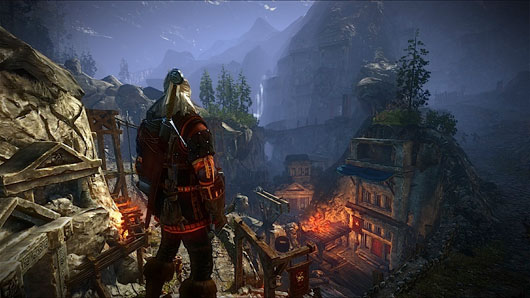
Quest presentation is often interesting, with two or three of the alcohol-related quests being particularly memorable. There is an element of free-roaming in the three areas of the game as you progress through the three chapters of story. Once you have completed the prologue, you can choose to embark on side quests in and around the city hubs, where you will also find shops, quests givers and mini-games including poker-dice, fist-fighting and arm-wrestling. All are well-presented and simple, fun distractions. The main questline often makes use of more heavily scripted areas with some stealth sections or other slight gameplay variances, chapter-ending enormous creature battles and end-of-level style boss fights.
The main quest centres around Geralt chasing a Kingslaying Witcher named Letho, partly in an attempt to clear his own name after being accused of the King’s assassination. Geralt must also piece together his fractured memory of his former life. Events and people along the way often help him recall these lost memories.
The choices you make throughout the story affect the outcome, which plays out in one of 16 different endings. The other main characters in the game accompany you rather than join you in any sort of party you have control of. This prevents them from ever really being a hindrance. What’s more, they can be quite useful, and they help weave the tapestry of the intertwined story.
The voice acting is slightly off or wooden at times but on the whole is well-performed and believable. The choices you make affect who you side with, and the consequence of siding with one person or party opens some quest options at the expense of others. Different areas in the game also have nicely detailed customs and idiosyncrasies that help bring the characters to life — the most amusing of which is the use of the “plough” instead of the “F” word. It is also good to see the events of the wider world making drastic changes to what happens inside towns.
Overall the Enhanced Edition of The Witcher 2 is a tough but rewarding and deep RPG with plenty of reasons to replay through the entire game to see how different decisions affect the story. I recommend it to any fans of fantasy RPGs and anyone who has enjoyed the thematically similar Game of Thrones (books or TV series). Unless you have a deep fear of trolls, harpies, kings or mages, you should hunt down a copy of the game and see if it bewitches you, too. Now where did I put that ploughing vodka?
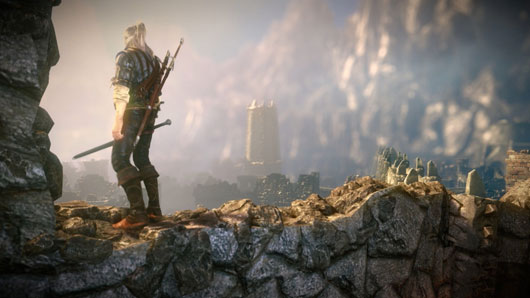
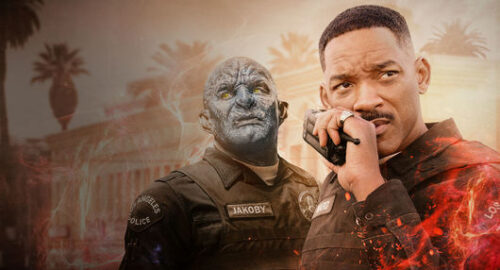
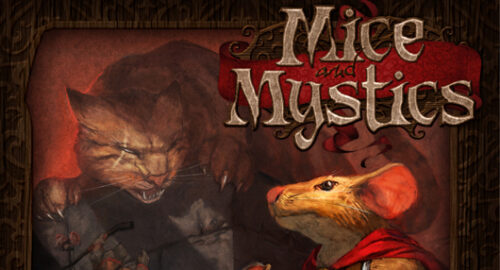
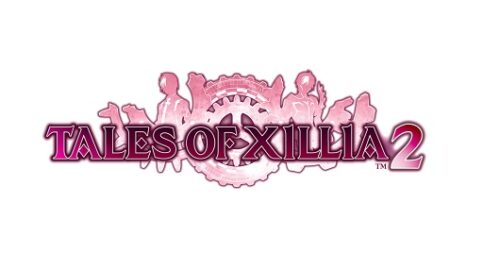
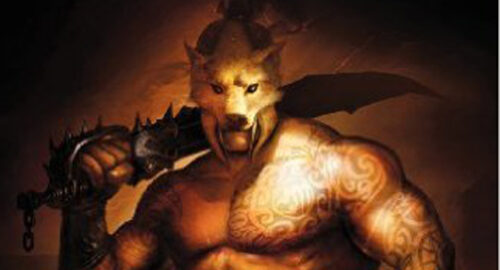

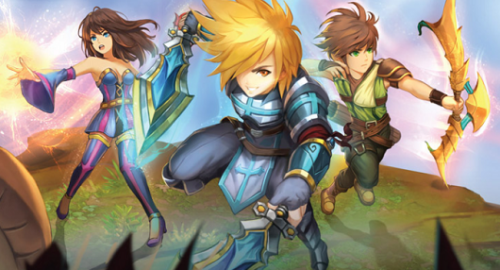
Lukas Heinzel
Are those 16 endings Mass Effect Ending or what are they?
Too bad that you didnt have to know the first one, why create such a huge huniverse and then make a second game , which doesnt really adresses the first game. I didnt play neither of them , but i guess i play both of them to get what this Witcher is all about.
Darius
Just bought it for PC, would you recommend the 360 controls? or stick to the keys?
Lexi
The 16 different endings are actually really quite different. You change the entire story from the prologue onwards. If you decide to kill or save someone it’ll effect how other characters let you into their lives etc ^_^ Really lovely game but so goddamn stressful when it comes down to figuring out where to go. I don’t think it’s RPG noob friendly at all.